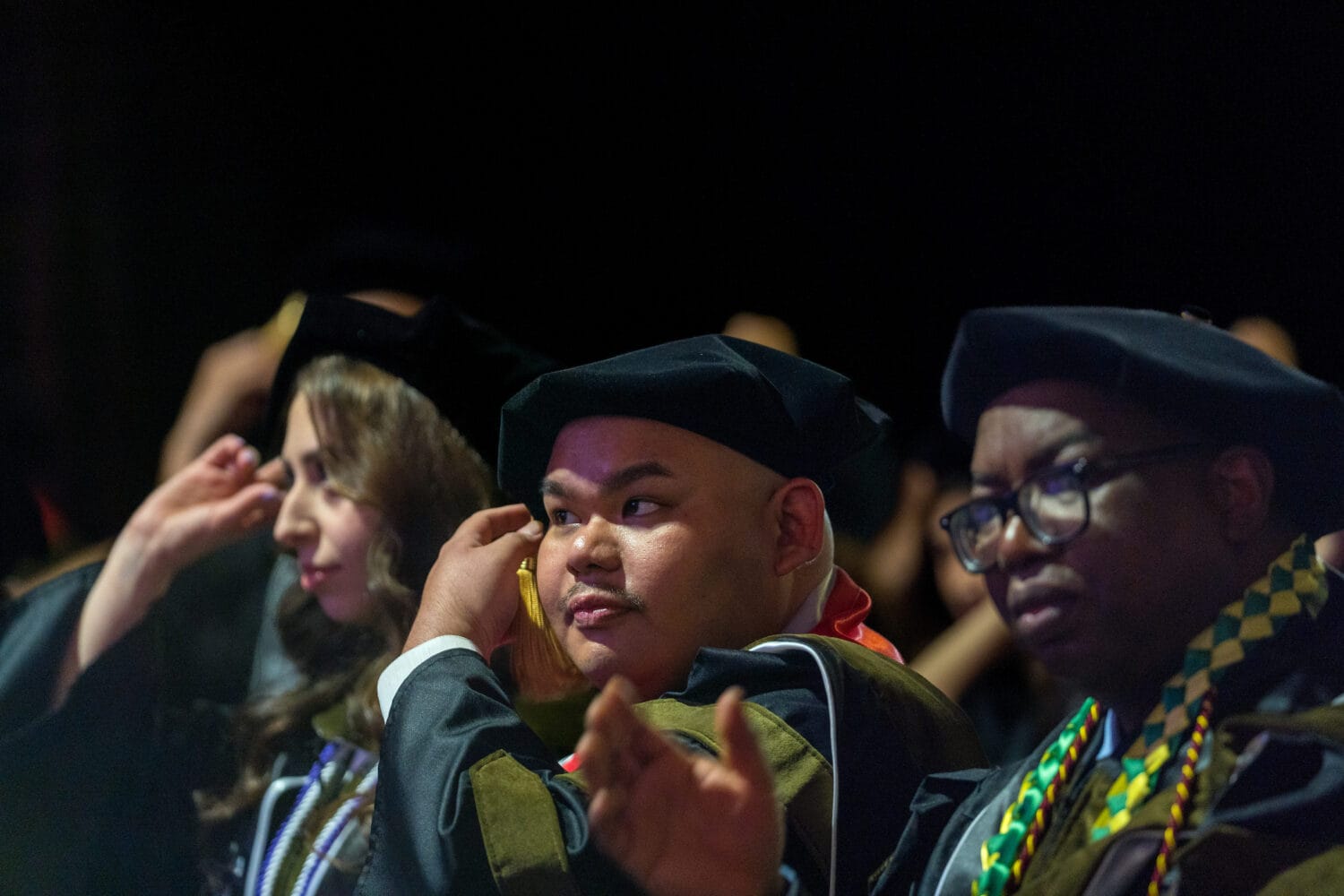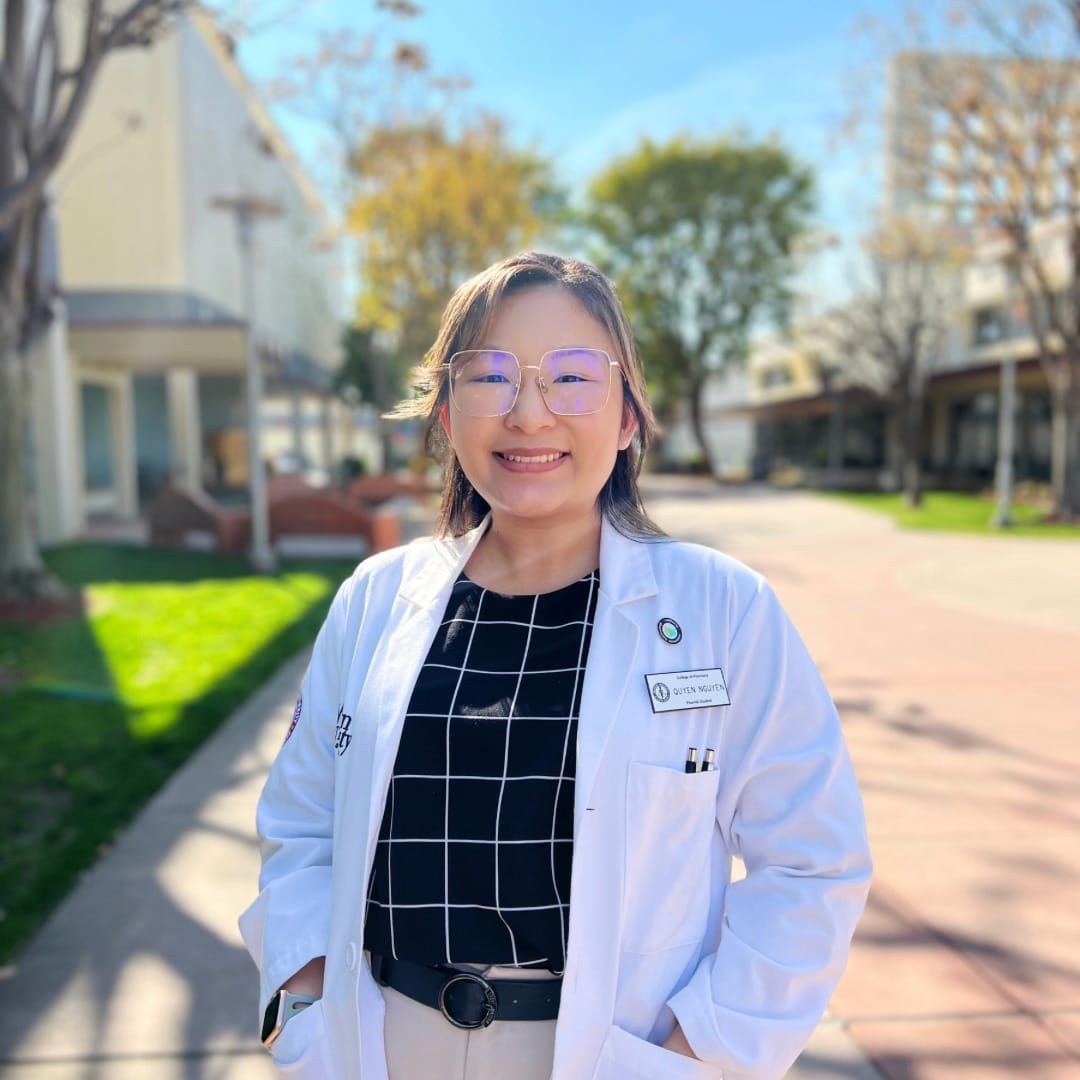College of Pharmacy focuses on assessment
Western University of Health Sciences’ College of Pharmacy created a new position, Associate Dean for Assessment, that speaks to the growing importance of assessment and program evaluation.
Linda S. Garavalia, PhD, was hired to fill the new role in the College. She previously worked at the University of Missouri-Kansas City, where she served as Associate Dean of Academic Affairs and Assistant Dean of Assessment for the School of Pharmacy.
She met College of Pharmacy Dean Daniel Robinson in Washington, D.C., where they have both served on the American Association of Colleges of Pharmacy (AACP) Institutional Research and Assessment Committee for more than three years.
“Her background and expertise in educational psychology and her scholarly contributions to educational assessment give her exceptional credibility,” Robinson said. “She is also highly engaged in the AACP Special Interest Group on Assessment. In addition, the experience she has gained in her senior leadership position at UMKC has given her a broad perspective on all aspects of delivering the professional PharmD curriculum.”
Overseeing assessment and accreditation is a big job. Standards are changing, and most pharmacy programs have an assessment person now at some level, Garavalia said. The national conversation on accountability in higher education can be traced to the Higher Education Act of 1965, its subsequent reauthorizations, and expansion of regulations over the years. Over the past decade, accrediting bodies have required greater transparency, ongoing evidence of rigorous standards, and readily available, easy-to-understand outcomes data. Increased oversight requires continuous monitoring and reporting of program data and documentation of continuous programmatic improvement.
“In the early 2000s, program evaluation began to shift from listing topics in the program to identifying learning outcomes of the students. Now the more contemporary perspective is to identify what students will be able to do when they finish the program.” Garavalia said. “You have outcomes, and you collect evidence of those outcomes.”
When most people hear assessment, they think of a test in a classroom or a physical exam in a doctor’s office.
“When we talk about assessment, usually we’re talking about program evaluation and maintaining accreditation. It includes classroom assessments. We need to be keeping track of how well students are doing in the courses they’re taking,” Garavalia said. “Assessment, however, is not just showing how well students do on a multiple choice test. It’s evaluating how well that test measures the knowledge and skills you want students to have at the end of the program.”
All pharmacy schools are facing new standards. The standardized testing and statewide assessments for primary grades that are associated with No Child Left Behind are trends that are moving into higher education. One major debate will be on a newly required national test at the end of the didactic curriculum. Previously, standardized testing in pharmacy education was limited to the licensing exam. The latest revision of the pharmacy accreditation standards requires standardized testing within the program, with national benchmarking.
“I will be working on behalf of our college and our national organization to learn more about the test, how it’s administered and scored, and to advocate for good testing principles,” Garavalia said.
College of Pharmacy students complete the didactic curriculum and begin clinical rotations in the middle of their third year. There are a number of questions about the test — which focuses on foundational sciences — and how it will be administered.
“Is that what we want to be measuring prior to rotations? Do we want to isolate basic science, or do we want foundational knowledge demonstrated in a more integrated fashion?” Garavalia said. “A better test might be an OSCE (Observed Structural Clinical Examination), because that type of assessment requires application of knowledge and skills, usually in a simulated environment. A paper and pencil test … we’re not sure what that’s going to tell us about student readiness for rotations.”
Garavalia began at WesternU on April 1, 2015. She was impressed by the university’s interprofessional education activities and the College of Pharmacy’s forward-thinking leadership.
“You can see the innovation. You can see what our program is doing, but that doesn’t just happen by chance. You need to find people who are willing to be innovative,” Garavalia said. “That is something I really value about this institution, and I’m very pleased to belong here now.”



